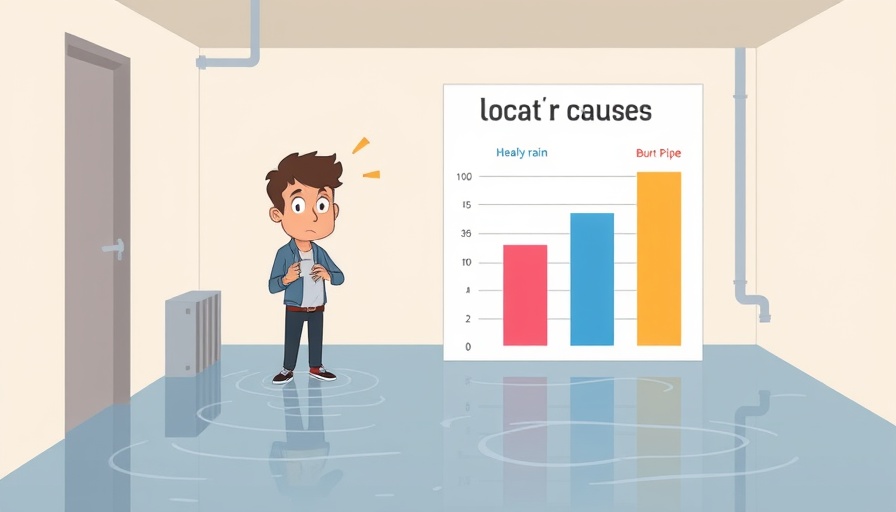
Understanding Image Geolocation Data and Its SEO Value
In the ever-evolving landscape of digital marketing, professionals are continuously searching for ways to enhance their visibility and improve their SEO strategies. One intriguing yet often overlooked element is image geolocation data, which refers to the geographical information embedded in an image file through formats such as EXIF. While many may wonder if this data holds any substantial SEO benefits, the answers are complex and warrant deeper inspection.
The Science behind Geolocation Data
Geolocation data offers contextual clues about where an image was taken. This information might include coordinates, location names, and even camera settings. Theoretically, providing search engines with this data could enhance the understanding of an image's relevance to specific searches. For instance, if an image of a landmark was taken directly at that landmark, could it increase the chances of appearing in search results for that location?
No Concrete Evidence from Search Engines
Despite the logical implications, there's a significant issue at hand: there isn't any compelling evidence that proves geolocation data directly influences SEO performance. Industry insights suggest that while Google reserves the possibility of utilizing EXIF data in the future, as of now, search engines like Google do not actively use it in ranking determinations.
Insights from experts like Helen Pollitt, Head of SEO at Getty Images, reinforce this viewpoint, suggesting that while having precise geolocation data might help identify photo relevance, concrete impacts on SEO rankings remain unproven. Recent findings by Sterling Sky indicate that Google often removes EXIF data from images posted on platforms like Google Business Profile, raising further questions about its usefulness in local SEO.
The Role of Geolocation in Local SEO
Regardless of the uncertainties surrounding EXIF data's impact on search engine rankings, geolocation proves essential for local businesses. Geotagged images associated with a Google My Business listing can enhance local visibility for businesses targeting customers nearby. In this age where mobile searches dominate, especially for local queries, businesses that utilize images with geographical metadata may see increased engagement from potential clients.
Geotagging Best Practices for Businesses
As businesses look to maximize their online presence, following best practices for effective geotagging is crucial. Utilizing GPS-enabled devices and tools designed to embed geographical data into images can ensure accuracy and relevance. Moreover, using metadata effectively can foster better engagement and results in local search queries.
Tools like Geoimgr and proper GPS camera units can assist in automating this process, making it easier for businesses to present location-specific content to users. However, the critical point remains: businesses must balance geotagging advantages with respecting user privacy.
Future Trends and Predictions in SEO
Looking forward, the integration of geolocation data may evolve alongside advancements in search technologies. With the rise of Large Language Models (LLMs) in search, it's yet to be established how they will utilize geolocation data, offering a potential avenue for significant changes in online search dynamics.
As these platforms develop, understanding how geolocation may play a role in enhancing user experiences could redefine SEO strategies. Testing geolocation's impact on rankings by comparing geotagged images against control groups could yield insightful results that determine future marketing efforts.
The Bottom Line: Should You Use Geolocation Data?
The consensus so far suggests that while implementing geolocation data may not create immediate and measurable SEO benefits, it doesn't negatively impact the performance of your content either. Adding location information could be a worthwhile experiment, especially as search technologies advance.
For professionals and business owners seeking comprehensive data-driven marketing strategies, combining geotagging with other local SEO initiatives, like keyword optimization and effective content distribution, will yield the best results.
Ready to elevate your SEO game? Start exploring geotagging and other local SEO tactics to align your strategies with emerging digital trends.
 Add Row
Add Row  Add
Add 




Write A Comment